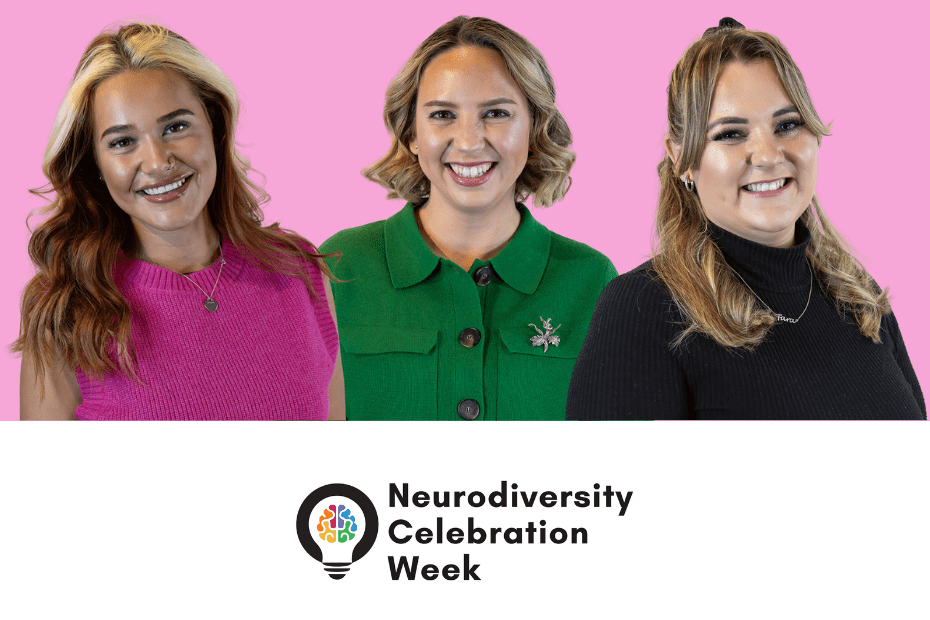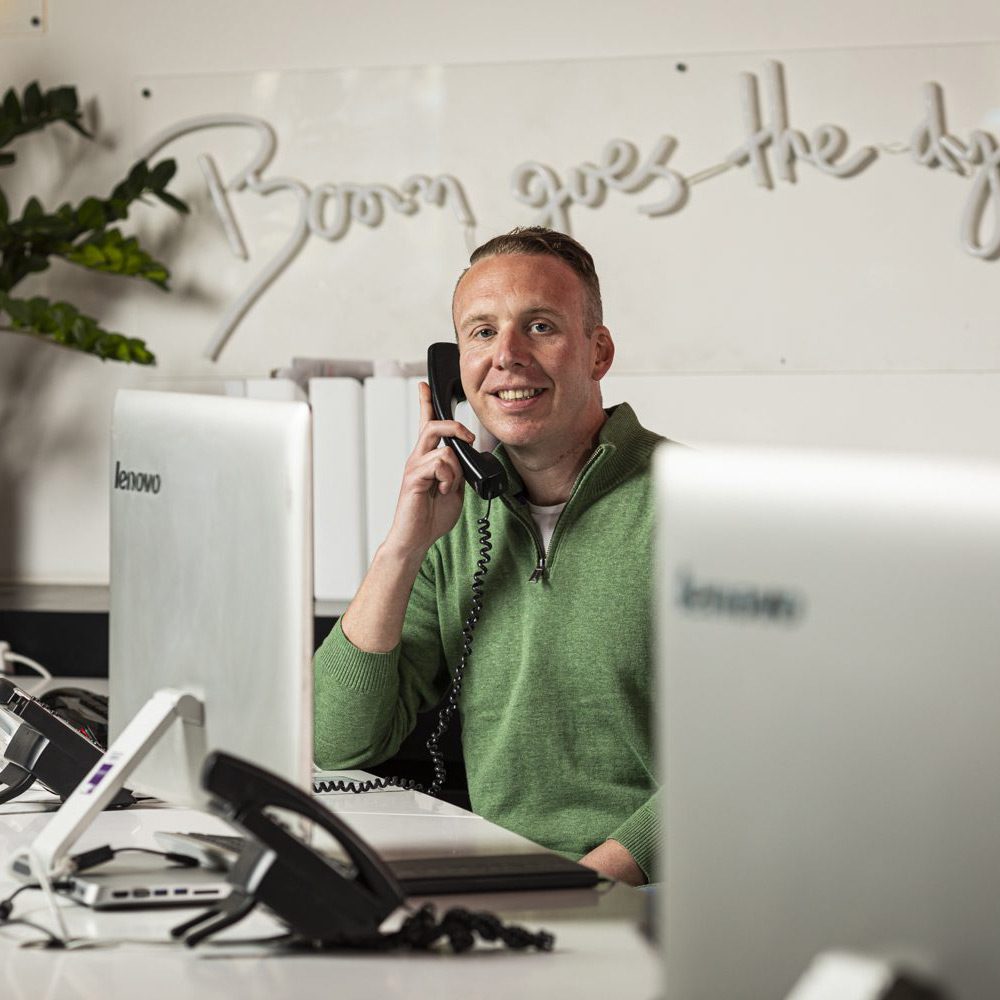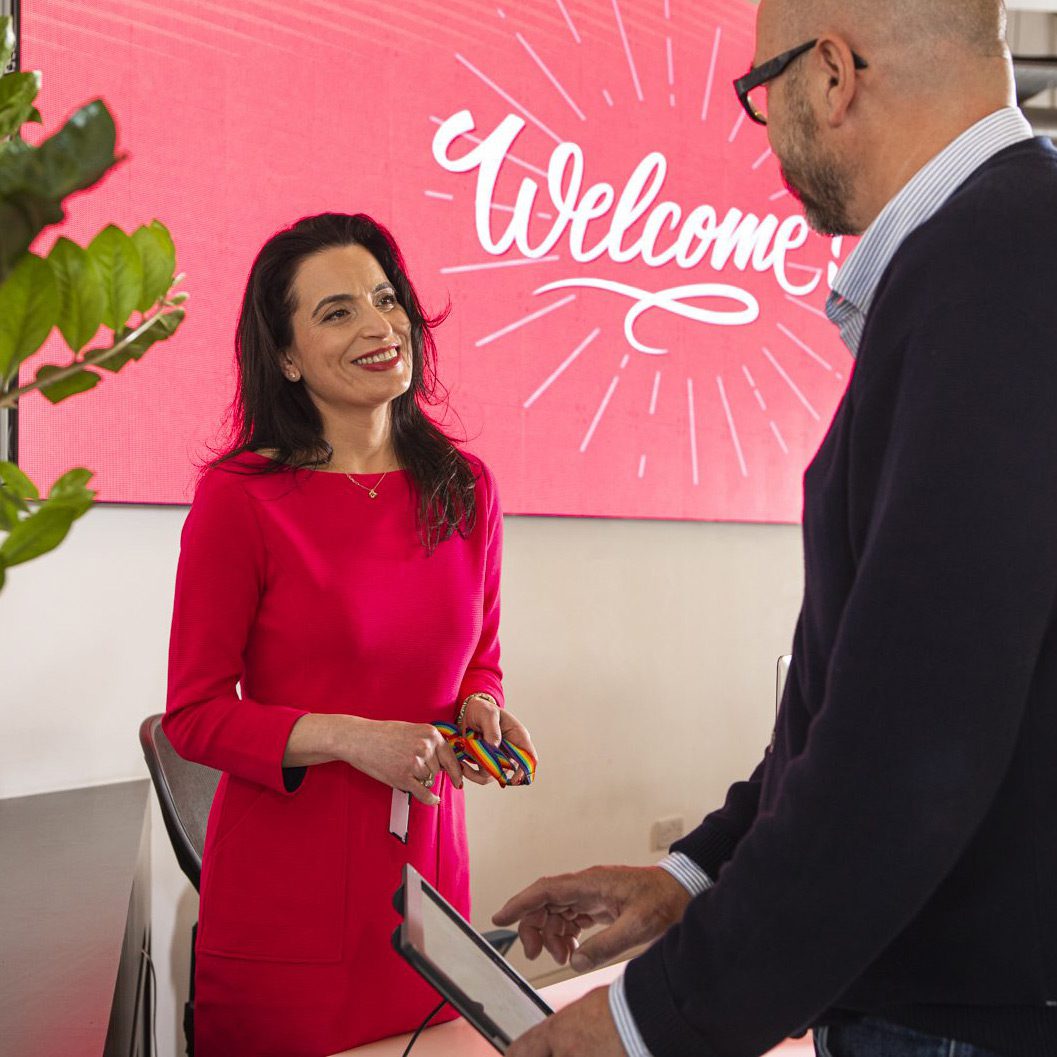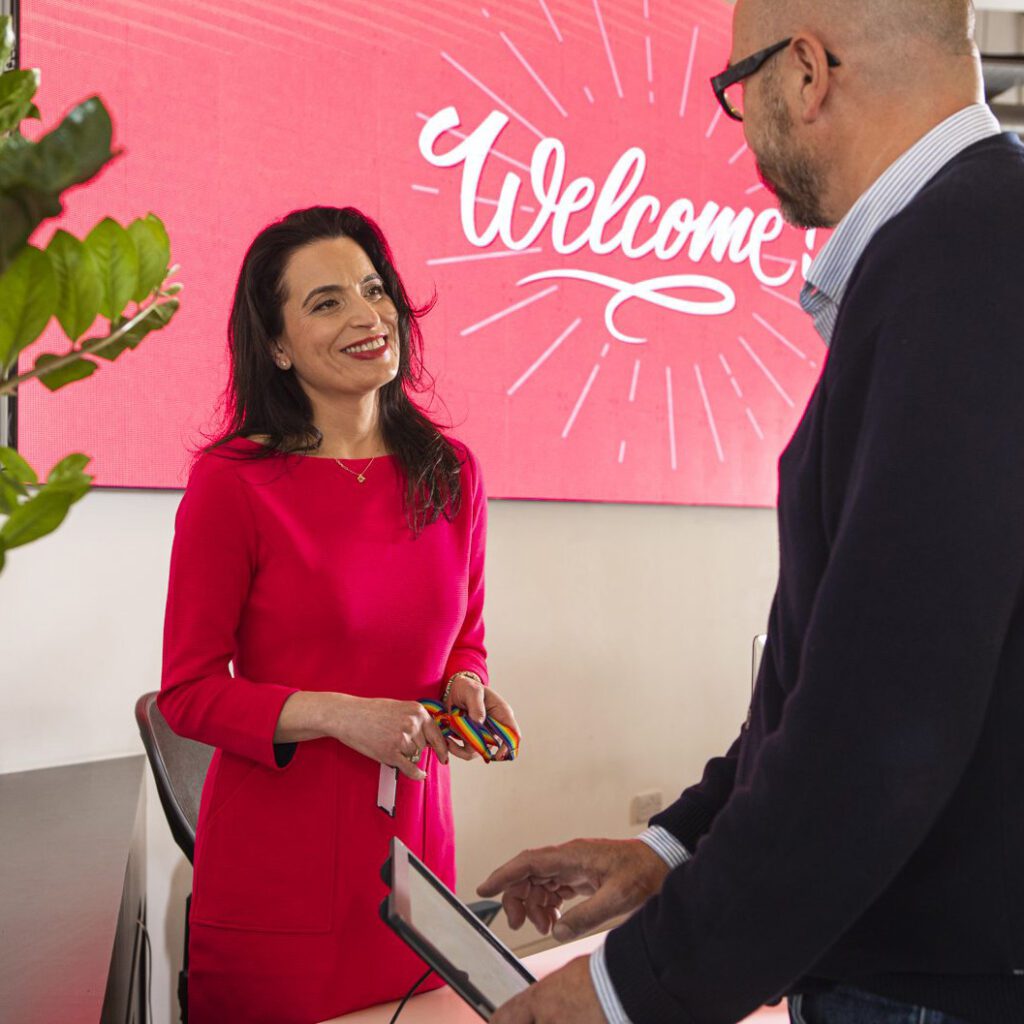From the 18th to the 24th of March, Neurodiversity Celebration Week is celebrated worldwide. The initiative helps challenge misconceptions regarding neurodiverse conditions including ADHD, dyslexia, autism, and other neurodevelopmental disorders.
At On Verve, we are committed to fostering an inclusive environment that embraces individuals who do not think neurotypically, and make a space where employees feel comfortable discussing their individual needs at work.
We spoke with three of our neurodivergent employees – director Bianca Angelico, lead DayMaker Ellie Atkinson and operational support Fara Painter. Bianca and Fara are dyslexic, and Ellie has ADHD.
What does neurodiversity mean to you, and how has it impacted your life?
Fara: I found out I was dyslexic at sixth form, but I only became familiar with the term “neurodiversity” when I began working at On Verve. When I first heard that term, it felt special to be part of a community.
I was tested for dyslexia at sixth form college because I was failing in some classes. Even once I was diagnosed, a teacher had to advocate for me to have extra support. If that teacher hadn’t stood up for me, I don’t know whether I would have passed and gone to university.
Ellie: I think of my ADHD in comparison to someone with a “normal brain” who can see issues in a straight line. For me, thinking is like a zigzag. Getting to your end goal can be more difficult, and it’s affected my confidence and made me doubt myself in the past.
My thoughts have always been this way, and I’ve found in my adult life that masking – making efforts to act as “neurotypical” as possible in social situations – can be exhausting.
Bianca: For me, my dyslexia is my superpower. I truly think that without it, I wouldn’t be where I am at On Verve. It makes me a creative problem solver, who doesn’t see things from a traditionally “logical” neurotypical perspective. At work leadership meetings, my different way of thinking means I can bring a totally different perspective.
How have you been supported in the workplace?
Fara: Leaders like Bianca shape tasks and additional help for every individual. Bianca knows I like clear instructions and a time frame for completion, or otherwise I struggle to prioritise and complete a task.
I’ve also been recommended apps and tools for my emails and scheduling that really help me stay on top of my work. Bianca has not shied away from talking about neurodiversity, which makes it easier to approach her for help and detail my struggles.
In my past workplaces, I never felt like people were interested in neurodiversity. At On Verve, it feels as though it’s part of me, and therefore it’s part of the company. If you need an adaptation, On Verve will accommodate those needs.
Ellie: I love working with Bianca because we can joke about things like how I focus on topics, which takes away the taboo surrounding ADHD and stops me from feeling bad about it. It’s a totally different situation than how I grew up. School reports always said, “Ellie distracts others,” but it never feels that way at On Verve.
I appreciate how direct Bianca is with me, she cuts through the “fluff” in conversations and gets to the point. It prevents me from getting lost in the moment and lets me focus on exactly what I need to do.
Bianca: Being direct and giving guidance is part of my leadership approach because I know what it’s like to get lost in additional details that can leave you contemplating the unimportant elements of a task.
I will always discuss my own dyslexia because if I hadn’t been so vocal about it, I don’t think co-workers like Ellie or Fara would have felt as comfortable coming forward to talk about their conditions.
Fara: If Bianca hadn’t spoken up, saying that I’m dyslexic at work would feel like I’m telling my employer that I’m incapable of working and can’t progress within the company. Bianca’s openness meant that I could communicate my struggles, show how hard-working I am, and openly talk about my dyslexia.
Ellie: When I found out Bianca was dyslexic, I was relieved. It felt like we had similar brains. Bianca helped destigmatise my ADHD. Rather than feel embarrassed, I felt supported, and my ADHD started to feel like a superpower.
What are the biggest challenges you face?
Fara: Expressing my thoughts can sometimes be a struggle, particularly in emails, public speaking, and giving presentations. I’ll re-write an email multiple times because I’m worried the recipient could notice my dyslexia. Thankfully, Bianca helps me by proofreading what I write, which helps to build my confidence in my work.
Ellie: My ADHD helps me thrive in a routine and if I like a task, I’m committed to it until it’s complete. If I fall out of that routine, it can feel like my whole week’s schedule is ruined.
I also find big bodies of text intimidating because I won’t know where to start. It feels like all the text blends into one. Bianca really helps with that by taking the time to break down information with me, reducing my anxiety and helping me get on with my day.
What positive effects has your neurodiversity had on your work?
Ellie: I really struggled at school because everything felt the same every day, but I thrive in the problem-solving environment of guest services. It brings constant new challenges to make every day different.
I want people to come to me with their complaints, so I can turn their annoyance into happiness as quickly as possible. I find it really fulfilling to help them.
Fara: My dyslexia means that I’m detail orientated and incredibly thorough. For the first time at work, I feel confident in my abilities and that lets me bring joy to my work.
Bianca: I think all three of us agree that we thrive in chaos – so the need to react to issues for a range of people means that we can creatively problem solve and bring our unique perspectives to the workplace every day.
What misconceptions do people have about neurodiverse conditions?
Ellie: When I tell people I have ADHD, they are often surprised and say “But you’re not really hyper.” People think that I have a “hyper brain” that should lead to hyper behaviour. My ADHD makes me emotionally deregulated, creating an emotional, rather than physical, hyper-ness.
Fara: People think that my dyslexia means I can’t do a job like this. Some dyslexic people feel the same way because these misconceptions can make them underestimate themselves in the same way society does.
Bianca: Those very misconceptions of dyslexia led me to mask mine for many years – people didn’t see my spelling mistakes, for example, because I had a support system at home that could help me.
I stopped masking seven years ago and now can thrive because I’m open about my dyslexia.
What advice do you have for neurodiverse people less open about their superpowers?
Bianca: Speak out. If you choose to tell your employer about your disability, they should be kind, empathetic and understanding. If they’re anything but that, you need to question if that is the workplace for you.
Embrace who you are and recognise that there’s nothing wrong with you. You bring a different perspective and set of abilities into the workplace, and you deserve to receive support and recognition for the valuable work you do.
Find out more about how our work in front-of-house services can support neurodiverse people.





